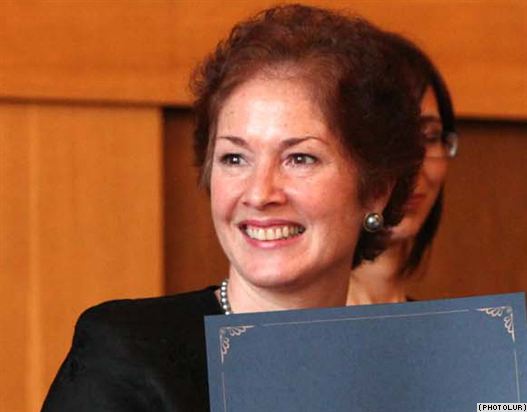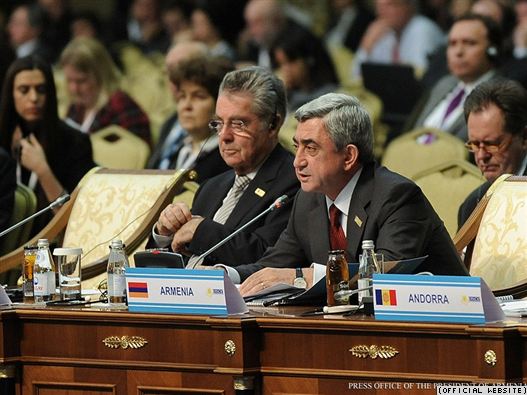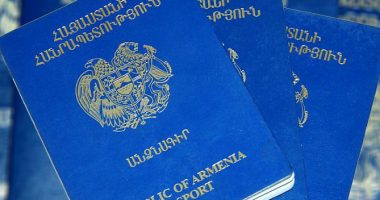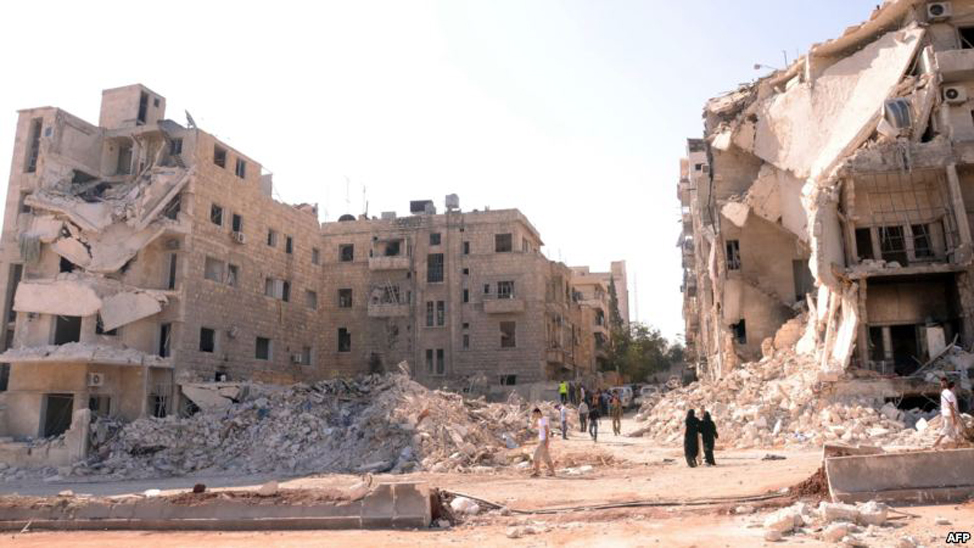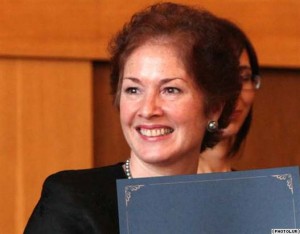

Yovanovitch reiterated the U.S. government’s strong condemnation of the “illegal disclosure” by WikiLeaks. “It threatens our national security and undermines our efforts to work with friends, allies and partners around the world,” she said.
“I think as we’ve seen, our partnership with countries around the world is strong enough to withstand this and to grow and become even stronger,” Yovanovitch told reporters. “And I certainly believe that’s true with regard to Armenia.”
“We have had a long-standing and very close relationship with Armenia and Armenians around the world, and that will only continue,” she added, speaking at the reopening of a village kindergarten in the southern Ararat province that has been refurbished with U.S. government funding.
One of the classified cables disclosed by WikiLeaks revealed that Washington accused Armenia of re-exporting weapons to Iran and threatened sanctions against Yerevan two years ago. In a secret December 2008 letter, the then Deputy Secretary of State John Negroponte pressed President Serzh Sarkisian to take wide-ranging measures that would “ensure such transfers do not occur in the future.”
Both the Armenian government and the U.S. Embassy in Yerevan have declined to comment on the hitherto unpublicized affair. In a statement issued on Monday, the embassy downplayed the significance of classified correspondence between Washington and U.S. diplomatic missions abroad.
Yovanovitch noted that the United States has been implementing “very large and very active assistance programs” in Armenia in a wide range of areas, including defense and security.
“The most important thing is that it’s a partnership program,” said the envoy. “We work on these programs together with the government of Armenia or Armenian citizens, and that’s something I’m really proud of, as you can see today.”
High-Ranking Clergy in the Defendant’s Seat
By KRIKOR KHODANIAN The political developments unfolding in Armenia have taken a…
- MassisPost
- July 7, 2025
- No comments
- 3 minute read
Open Letter on the Proposal to Rename the Armenia-Turkey Border Crossing After Talat Pasha
We express our deep concern and disappointment regarding the recent proposal introduced…
- MassisPost
- July 3, 2025
- One comment
- 2 minute read
Pashinyan’s Visit to Turkey and Beyond
By KRIKOR KHODANIAN At the invitation of Turkish President Recep Tayyip Erdoğan,…
- MassisPost
- June 29, 2025
- No comments
- 3 minute read
“I Still Can’t Believe What Happened on June 20”
By LUSYEN KOPA Exactly three months ago, I wrote an article titled…
- MassisPost
- June 26, 2025
- No comments
- 4 minute read

